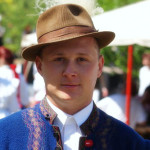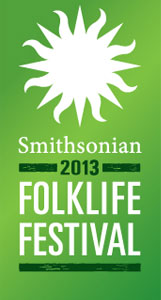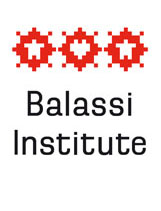Bácska is the term used to refer to the vast expanse of lands that had made up Bács-Bodrog county for many centuries. The Trianon treaty, which rearranged Hungary´s borders after World War I awarded all but the northern strip of this territory to the new Southern Slav state that emerged in the wake of the dissolution of Austria-Hungary and so the far larger share of this historic region is today part of Serbia. The region was once famous for its sand dunes, by today, however, only about 400 acres of dunes remain in a preservation area by Kéleshalom. The area´s northernmost part is made up of a sandy plateau, the Illancs which is home to the largest incline of the area between the Duna and the Tisza rivers that dominate the Hungarian Great Plains. Interestingly, this incline is only 172 m or about 515 ft above sea level, hardly meriting its imposing name: Lead Mountain. The inhabitants of the area are a colorful mix of cultures if compared with neighboring regions. Here, Germans, Croats, Serbs have coexisted for centuries with Hungarians, who include several waves of Szekler migrants from Transylvania.
Hungarian folk tradition refers to the „treasures of Bácska”. Its sub-mediterranean climate, great environmental qualities including the richness of the soil and the many cultures that have found a home here have made it famously rich. By the late 19th century, great arable land, the importance of the Danube as a transport route, its developed processing industries had made it one of the most prosperous regions of historic Hungary.
Bácska is the home to sunshine, fruits bursting with flavor, light wines from sandy terroirs and to hospitable people. The climate is especially well suited for growing produce – fruits above all. The flavors and dishes of this region will be introduced by Péter Utasi and Ilona Kollár. They will both cook and bake, presenting not only mouthwatering staples and festive plates, but also familiarizing visitors with folk customs of everyday cooking and festive occasions in the process.
- Anna Csizmadia
- Ilona Kollár
- Péter Utasi









